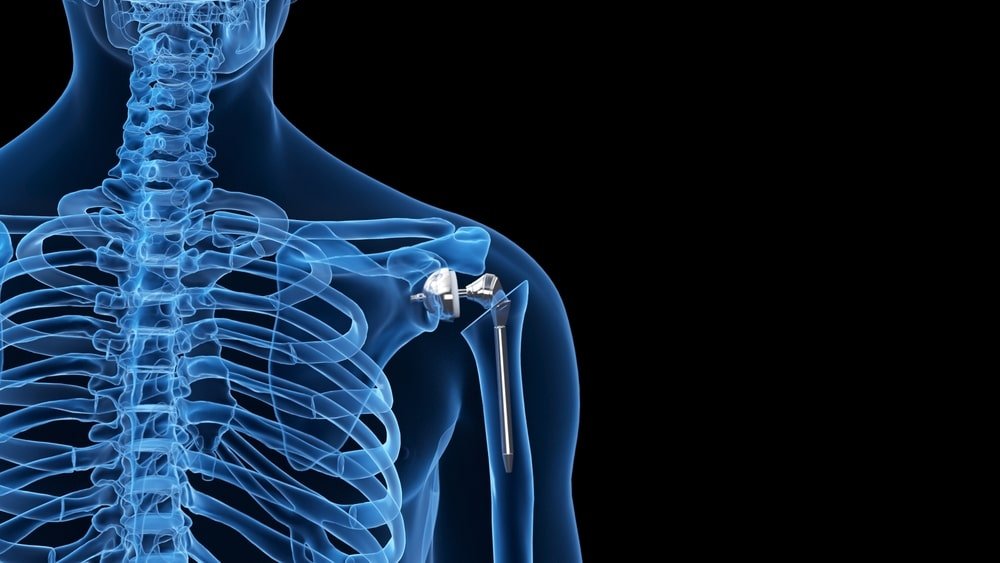shoulder replacement


All Services
- Knee replacement surgery
- Partial knee replacement
- Hip replacement
- shoulder replacement
- Joint replacement
- ACL surgery
- PCL surgery
- Ligament surgery
- Meniscus repair surgery
- Key hole surgery
- Arthroscopy surgery
- Joint preservation surgery
- High tibial osteotomy surgery
- Fracture surgery
- Trauma
- Shoulder arthroscopy
- Shoulder dislocation surgery
- Rotator cuff repair surgery
- Spine surgery
- Knee pain
- shoulder pain
- Back pain
- Nonunion surgery
- Bone and Joint
- Joint pain
- Sport injury
Contact Us

What is Shoulder Surgery?
When is Shoulder Replacement Recommended?
Your doctor may suggest shoulder replacement if:
👉 You have severe shoulder pain that limits daily activities (lifting, dressing, reaching)
👉 Pain persists even at rest or during sleep
👉 You have significant stiffness and reduced shoulder movement
👉 You have advanced joint damage due to:
Osteoarthritis
Rheumatoid arthritis
Rotator cuff arthropathy
Severe fractures or injuries
Types of Shoulder Replacement
🔹 Total Shoulder Replacement: Both the ball (humeral head) and socket (glenoid) are replaced with artificial parts.
🔹 Partial Shoulder Replacement (Hemiarthroplasty): Only the ball is replaced.
🔹 Reverse Shoulder Replacement: The positions of the ball and socket are switched; this is often used when the rotator cuff muscles are severely damaged.
Benefits of Shoulder Replacement Surgery
✅ Long-lasting pain relief
✅ Improved joint stability and strength
✅ Better range of motion
✅ Enhanced ability to perform daily activities
Recovery After Shoulder Replacement
Hospital stay: Usually 2-4 days
Start gentle movements: Under supervision within a few days
Resume light activities: 6-8 weeks
Full recovery: Around 3-6 months
Our team will guide you at every step, from surgery to full recovery.
